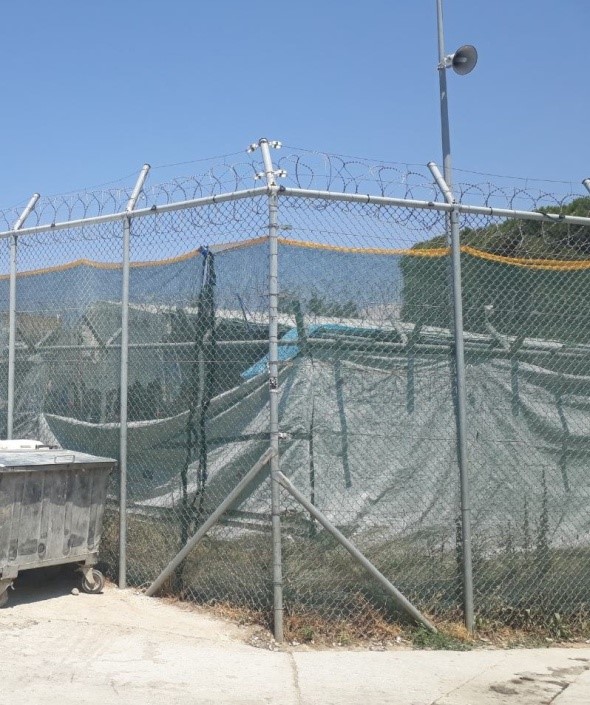Τhe presentation focuses on the way that national and international actors produce, either by cooperation or by conflict, a series of policies that shape migrant management in a regional level.
We frame the current migration policies within EU as a double shift: We discuss how recent developments express a territorial shift as migration policies and management are expanded towards or even beyond EU’s borders. Decisions over main aspects of migration management like borders’ control cease to be an internal issue and they engage neighboring states, in a frame set by bilateral and multilateral agreements. Furthermore, we take in account an organizational shift concerning the main actors of migration policies’ implementation. Policies over migration expand beyond EU institutions and member states and they involve international agencies, intergovernmental entities and NGOs whose role seems to be increased.
The deployment of these dynamics concerning migration management is particularly manifest in countries like Greece where we observe both the externalization of borders’ control and a joint investment between EU and external states and organizations.
Dimitrios Kosmopoulos obtained a MA in Political Science and History at the Panteion University of Social and Political Science in Greece and holds a PhD in Political Science from the Paris-Dauphine University-PSL. His doctoral research focuses on the political upheaval in Greece between 2010 and 2014, a period marked by economical crisis and the implementation of structural and economic adjustment programs.
